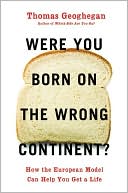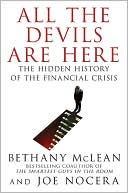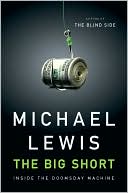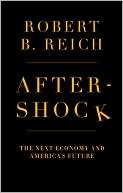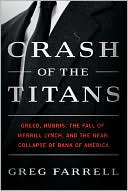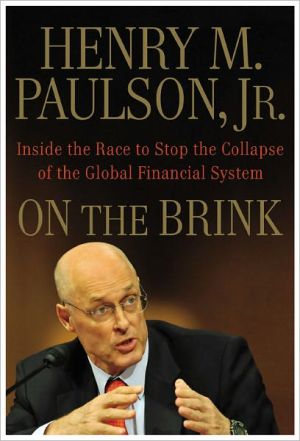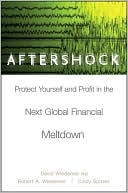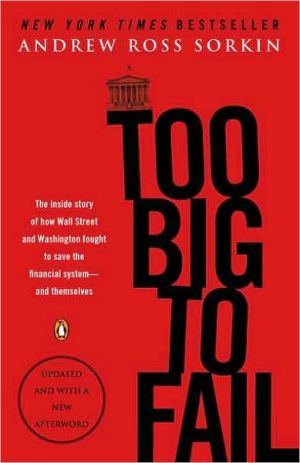Were You Born on the Wrong Continent?: How the European Model Can Help You Get a Life
Search in google:
The acclaimed labor lawyer and prizewinning author Thomas Geoghegan asks: where are we better off—America or Europe? In an idiosyncratic, entertaining travelogue that plays on public policy, Geoghegan asks what our lives would be like if we lived them as Europeans. Sneaking out of his workaholic American life, he takes five trips where he tries to understand so-called European socialism firsthand. Though he first tries France (which has become a rhetorical stand-in for the continent as a whole in many Americans' minds), he eventually ventures into Germany to see what some call the "boring" Europe. There he finds the true "other"—an economic model with more bottom-up worker control than that of any other country in the world—and argues that, while we have to take Germany’s problems seriously, we also have to look seriously at how much it has achieved. Social democracy may let us live nicer lives; it also may be the only way to be globally competitive. This wry, timely book helps us understand why the European model, contrary to popular neoliberal wisdom, may thrive well into the twenty-first century without compromising its citizens' ease of living—and be the best example for the United States to follow.Germany is more generous than the U.S.: The average number of paid vacation days in the U.S. is 13, versus Germany’s 35New mothers in the U.S. get three months of unpaid job-protected leave and only if they work for a company of 50 or more employees, while Germany mandates four months’ paid leave and will pay parents 67% of their salary to stay home for up to 14 months to care for a newborn. U.S. life expectancy is 50th in the world, compared to Germany’s 32nd. Publishers Weekly Labor lawyer and Europhile, Geohegan (Which Side Are You On?) makes a passionate case for the high-tax, regulation-heavy model of life on the Continent. Using Germany as a model, he argues the middle class is the real beneficiary of European social democracy--its members reap free education, free child care, free nursing home care, guaranteed vacation time, and generous unemployment payments--while their white-collar American counterparts struggle to pay for the same. "Europe is set up for the bourgeois," writes Geohegan. "America's a great place to buy kitty litter at Wal-Mart and relatively cheap gas. But it's not set up for me, a professional without a lot of money." While he's quick to acknowledge that critics seize on labor's costs and prominence as a potential path to the collapse of the system, he's convinced of the framework in place. The narrative unspools in a chatty, anecdotal style; it's jumpy, appealingly digressive, and winning, all the more so for being such an unabashed polemic that refuses to be resigned to the rising rate of inequality in the U.S. (Aug.)
